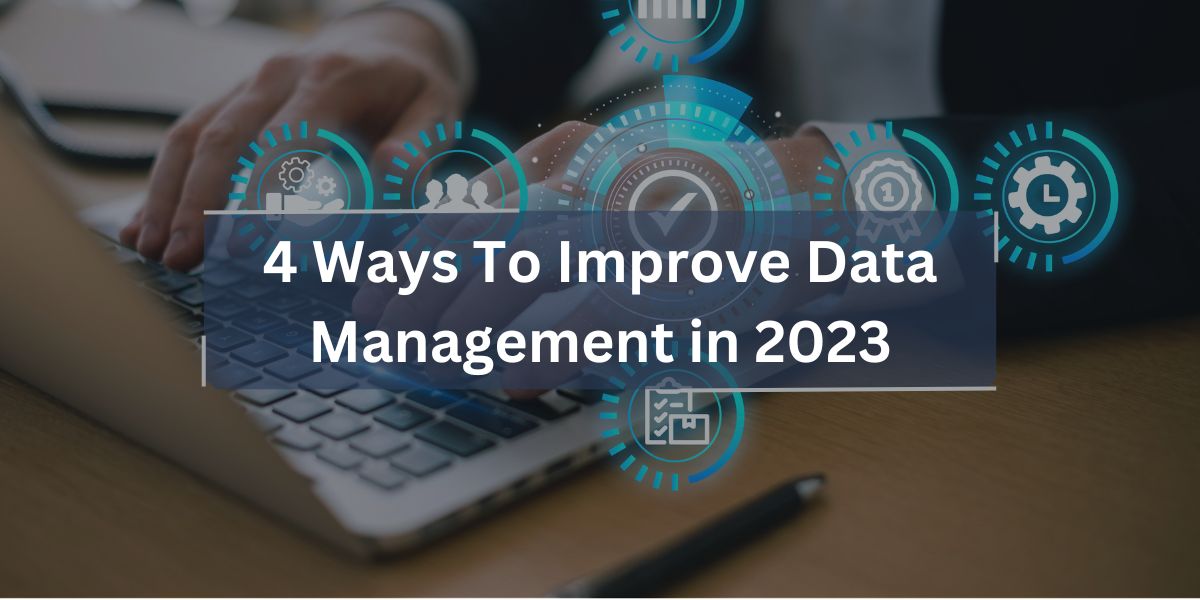What is the purpose of data if it's unavailable when you need it, or worse, if it's obsolete, missing, or unreliable? Having too much or too little data may be detrimental, so adopting an effective firm data management plan is crucial. The first step is deciding which data types are the most beneficial for the organization to collect and analyze. It is also essential to consider how data will be processed and kept in line with existing laws and how to protect data from theft, cyberattacks, and data leaks. Here IT support in Mason, Ohio, comes into the picture.
We're here to assist you in creating a detailed plan for data management, even though it may initially seem a little complicated. As a result, you'll start to make better, more educated business decisions and acquire deeper customer insights than you ever imagined possible.
1. Hybrid Cloud Systems
Adopting a hybrid cloud system strategy is the best course for enterprises that cannot keep all their data in public cloud infrastructure because of regulations in specific industries, such as healthcare and pharmaceuticals. It is not feasible for businesses to manage the entire Big Data infrastructure internally. To free up their time from managing and maintaining complex infrastructures, they can outsource even a small portion of their data storage to cloud infrastructure providers like SpliceNet Consulting, a reliable IT Services provider in Mason, Ohio.
Cloud providers must figure out how to create regulation-friendly solutions because businesses in sectors like healthcare, for instance, must abide by specific data privacy and storage requirements.
2. Strengthen Data Governance
Numerous federal and state laws govern data privacy in the United States, and new ones are coming. According to 84% of respondents to the 451 Research poll, following these restrictions slows down data access and makes data initiatives more difficult. By strengthening their data governance initiatives, organizations can lower conflict. Using artificial intelligence and machine learning technology improves the tracking and monitoring of personal data within the company.
Internet Of Things
Massive amounts of data will be produced by IoT devices, which must be efficiently managed and evaluated to yield insightful information. With the Internet of Things, organizations may gather and utilize data from numerous devices to guide their decisions. This aids businesses in operational optimization, customer experience enhancement, and market dominance. Additionally, outsourcing IT support services in Mason, Ohio, for data management makes it possible to combine data from many sources, which improves the effectiveness of data management and analysis. Therefore, in 2023, it is crucial to emphasize the role of IoT in data management.
Data Delivery
How can you best deliver your data throughout the company after it is under control? If your business uses numerous e-commerce platforms, ERP, and CRM systems, then this is very crucial.
Delivering data entails getting pertinent information into the proper systems and into the hands of the right individuals. Accurate reporting is crucial, as the GDPR and other data protection laws require. Businesses will be expected to submit comprehensive details on how they acquired, managed, and protected the data they now have.
Conclusion!!
Since data management trends change quickly, businesses must keep ahead of the curve to reap these technologies' rewards.
Businesses may enhance their data management procedures, make better decisions, and succeed in an increasingly data-driven world by adopting these trends and spending money on the appropriate tools and services.


